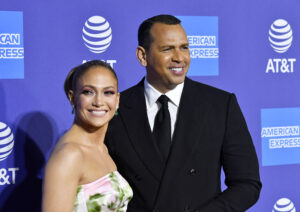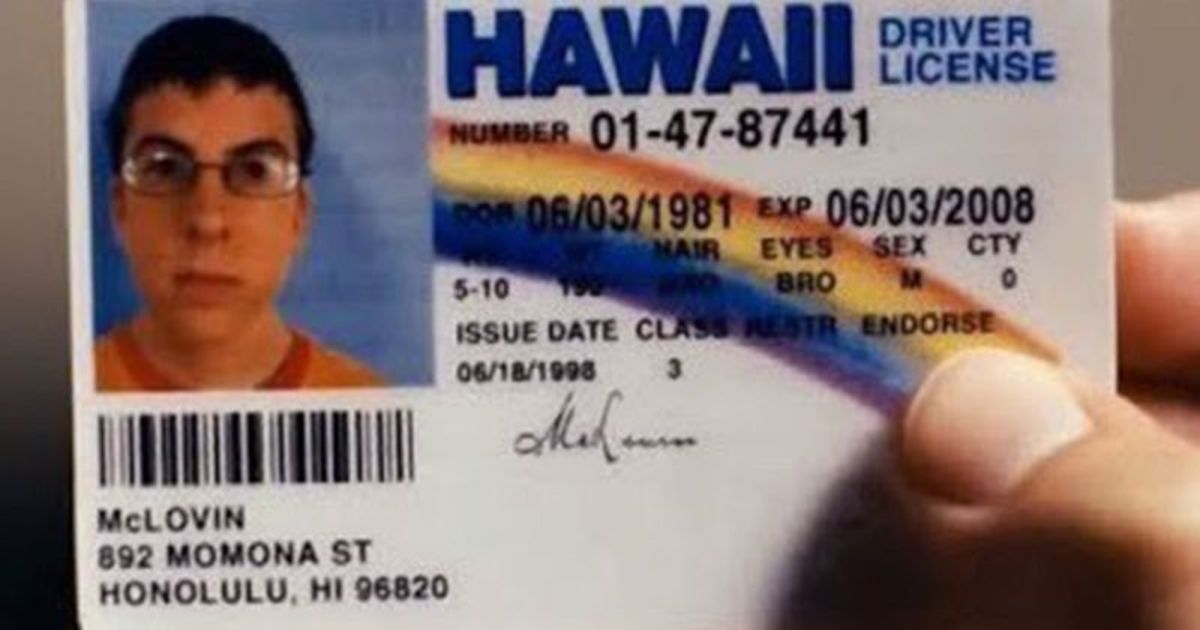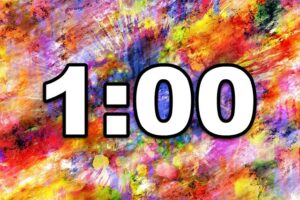In patent monetization circles, patents asserted by (or even just sourced from) leading research universities are among the most sought-after, yet elusive, assets there are. Driving the desirability of university-sourced patents for erstwhile licensors are a number of unique characteristics those patents often demonstrate. There is tremendous jury appeal, for one, in patents sourced from brand-name research universities, partly because of the goodwill associated with their status as bastions of research and education, as well as the perception that academic inventors are truly at the cutting-edge of their fields. Add in that the profit motive is not automatically associated with universities the way it is with corporations (never mind NPEs), and juries seem inclined to recognize innovation arising out of universities even more favorably. As a result, it is no surprise that university-owned patents have led to some of the biggest patent verdicts in history.
Attracted by the hope of replicating those verdicts, a host of patent monetization players are ready and willing to pitch universities on patent assertion. Propelled by the rise of litigation funding, as well as patent marketplaces like Cypris showcasing university patents, entities from law firms to NPEs are approaching universities with confidence, hoping to convince tech transfer offices that patent monetization can lead to revenues for their institutions. Considering the pressure on those tech transfer offices in light of the enrollment and financial challenges presented by the COVID-19 pandemic, it is not hard to imagine that we stand at the precipice of a golden age of university patent assertion. Likely by a host of different types of plaintiffs, from the university themselves, to NPEs that have acquired university patents, to companies that have taken exclusive licenses to university patents for the primary purpose of commercializing the underlying technologies.
One of the challenges for assertion of university patents, however, is that whenever there is any transfer of rights from the university to a patent owner or exclusive licensee, standing issues can arise that can become a problem when part of the reason the university divested or licensed the patent for assertion to a third-party is because the university itself has no interest in participating in patent litigation, even if the litigation costs are being borne by someone else. If confronted by that fact pattern, an alleged infringer will no doubt look to standing as an issue of interest and a potential weak point to exploit against a university-sourced patent. In fact, a 2018 district court decision out of Texas had previously provided defendants with a roadmap for the successful use of a standing defense to get a patent case involving a university-sourced patent dismissed.
Until last week, that is. In a split decision, featuring the rare situation where all three appellate judges on the panel issued written opinions, the Federal Circuit recently overturned that Texas district court decision, finding that there was an abuse of discretion in the decision to dismiss the case because the 11th Amendment sovereign immunity enjoyed by the patent-owning university precluded its involuntary addition to the case as a plaintiff.
A mouthful, I know. Let’s set the scene. In the case, GENSETIX, INC. v. BAYLOR COLLEGE OF MEDICINE, patents that originated with the University of Texas related to cancer immunology ended up exclusively licensed to Gensetix. In 2017, Gensetix brought suit against Baylor, alleging infringement by Baylor, the new employer of the inventor on the patents Gensetix held the exclusive license in. Even though Texas had a contractual obligation with Gensetix to assist in infringement litigation, Texas declined to join the lawsuit as a co-plaintiff. Going further, Texas filed a motion to dismiss, asserting its sovereign immunity as a basis to avoid being forced into the lawsuit involuntarily.
As the defendant, Baylor pressed the issue even further. It argued that Texas was a necessary co-plaintiff, since Gensetix did not own all the rights in the patent. And since sovereign immunity barred Texas from being added to the case as an involuntary co-plaintiff, the case could not move forward against Baylor as a result. The district court agreed, dismissing the case. But the Federal Circuit found otherwise. The majority agreed, as an initial matter, that sovereign immunity applied to Texas, since unlike other state-owned universities who were found to have waived their immunity by asserting their patents, Texas had made clear from the get-go it had no interest in participating in Gensetix’s lawsuit. But while Texas couldn’t be added as an involuntary plaintiff due to its immunity, that did not mean that the district court was right to dismiss the case. First, there was no prejudice to Texas if Genestix’s lawsuit went forward, since the interests of both parties were aligned — both would see financial benefit from a successful result, for one. Next, the contract between the parties precluded Texas from filing a second lawsuit using the patents, considering that Gensetix had already exercised its rights to bring suit. Finally, since Texas was a necessary party, Gensetix had no choice but to try to proceed without Texas. Taken together, the Federal Circuit majority determined that equity principles compelled a result where Gensetix would be allowed to move ahead with its case — despite Texas’ immunity.
In concurrence, Judge Newman disagreed that Texas should have enjoyed sovereign immunity in light of its contractual obligations to Gensetix, but agreed that the case should proceed with or without Texas as a plaintiff. Conversely, Judge Taranto agreed that Texas enjoyed sovereign immunity, but dissented to the finding that the district court had incorrectly dismissed the litigation for failing to join Texas as a result of that immunity. In his view, while Genestix could have a claim against Texas for breach of contract, Texas’ concern about prejudice to its patent rights because of Gensetix’s assertion could not be ignored. Put differently, if Texas wanted to put its patents at risk, it was free to do so, but the decision to waive its sovereign immunity belonged to it alone — and no waiver was required just because a licensee wanted to advance a lawsuit.
Ultimately, the Gensetix decision will likely prove an important one as assertion of university patents becomes more popular with time. The analysis of sovereign immunity as it relates to standing, along with the consideration of whether all substantial rights were given over as part of the supposed exclusive license provides direction to universities and their monetization partners on how to structure deals to avoid standing issues, while allowing the university to preserve its sovereign immunity if it so desires. At the same time, the decision also highlights the complexities inherent in universities partnering with third-parties when it comes to patent assertion. Whether this decision will encourage more universities to go it alone is up for debate. College students may not be sure if they are going back to class. But it is a good bet their schools are considering whether to put their patents to work, COVID-19 be damned.
Please feel free to send comments or questions to me at gkroub@kskiplaw.com or via Twitter: @gkroub. Any topic suggestions or thoughts are most welcome.
Gaston Kroub lives in Brooklyn and is a founding partner of Kroub, Silbersher & Kolmykov PLLC, an intellectual property litigation boutique, and Markman Advisors LLC, a leading consultancy on patent issues for the investment community. Gaston’s practice focuses on intellectual property litigation and related counseling, with a strong focus on patent matters. You can reach him at gkroub@kskiplaw.com or follow him on Twitter: @gkroub.




 Jordan Rothman is a partner of
Jordan Rothman is a partner of 


 Tyler Broker’s work has been published in the Gonzaga Law Review, the Albany Law Review, and is forthcoming in the University of Memphis Law Review. Feel free to
Tyler Broker’s work has been published in the Gonzaga Law Review, the Albany Law Review, and is forthcoming in the University of Memphis Law Review. Feel free to 









